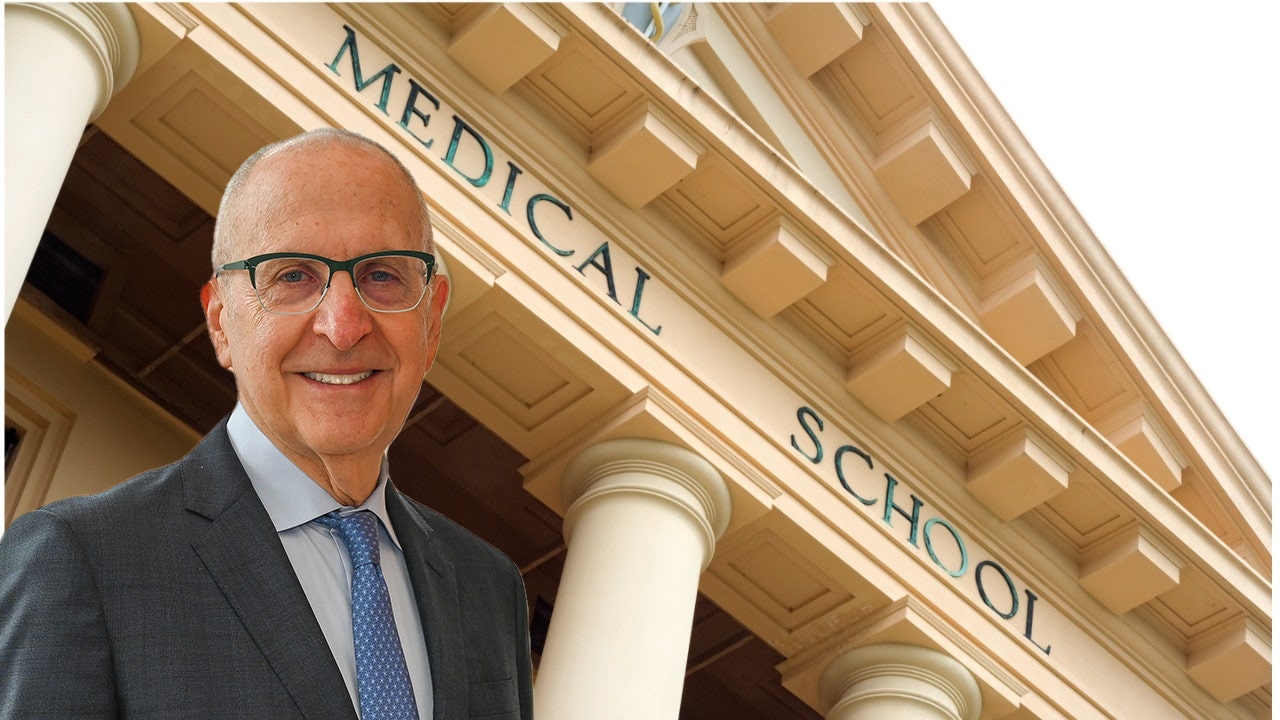Assoc of American Med Schools chief says medical research needs ‘regulatory relief’

As the debate over President Donald Trump’s cuts to facilities and administrative costs associated with federally funded research grants continues, Dr. David Skorton, president and CEO of the Association of American Medical Colleges, believes that there is a clear path forward. With a background spanning government, higher education, and medicine, Skorton oversees all Medical Doctorate-granting schools in the country and approximately 500 academic health systems teaching hospitals.
In an interview with Fox News Digital, Skorton expressed his disagreement with Trump’s across-the-board cuts but stressed the need for change in the current system. He pointed to over-regulation as a major factor contributing to the skyrocketing costs of facilities and administrative expenses. Skorton emphasized the need for transparency from research institutions to shed light on how taxpayer dollars are being utilized to support these institutions, which have come under fire for allegedly hoarding taxpayer funds for their own benefit.
Skorton highlighted the burden placed on researchers by having to navigate the regulations of multiple agencies, calling for a more streamlined and harmonized approach to reduce the regulatory load. By easing the regulatory requirements, researchers can dedicate more time to their work, leading to more significant results for the public. Additionally, Skorton noted that cutting down on regulatory compliance would also reduce costs associated with additional personnel and tracking requirements.
The AAMC president underscored the importance of collaboration and reducing overhead costs without jeopardizing new research initiatives. He specifically pointed to the regulatory complexities surrounding research involving human or animal subjects as an area ripe for streamlining. Skorton expressed a willingness for the AAMC to work with the administration to enhance the current research framework, acknowledging the imperfections of the status quo.
Skorton emphasized the need for research institutions to educate the public about the significant contributions they make to federally funded research programs. He highlighted that for every dollar received from agencies like the NIH, institutions contribute an additional half dollar, a fact that may not be widely known. Skorton stressed the importance of making these contributions more visible to increase public awareness and understanding.
While some medical experts support Trump’s cuts to administrative and facilities costs, others, like Dr. Erika Schwartz, advocate for a reformed funding model that redirects resources to direct research activities while maintaining essential support services. This reformed approach could potentially increase the number of funded research projects and expedite medical breakthroughs for the benefit of patients.
In conclusion, Dr. David Skorton’s call for collaboration, transparency, and regulatory reform presents a roadmap for improving the research environment and reducing overhead costs without impeding progress. By working together to streamline regulations and educate the public on the value of research institutions, the medical community can pave the way for more efficient and impactful research outcomes.




